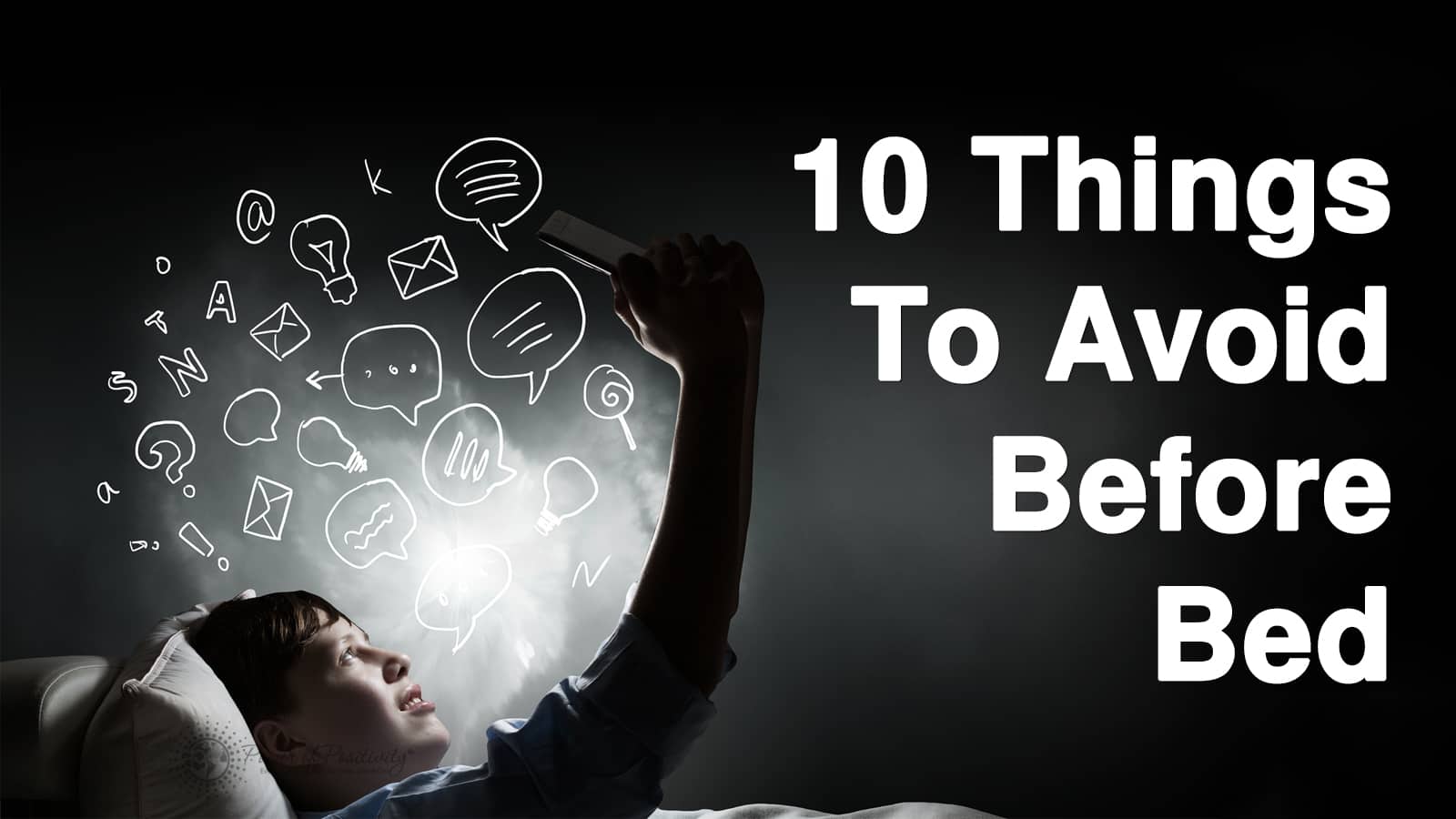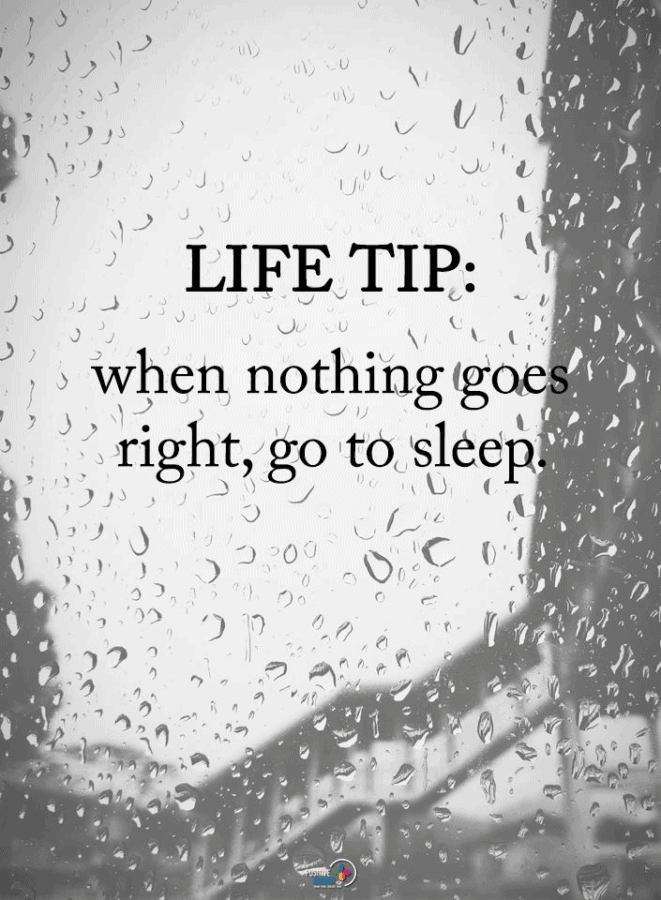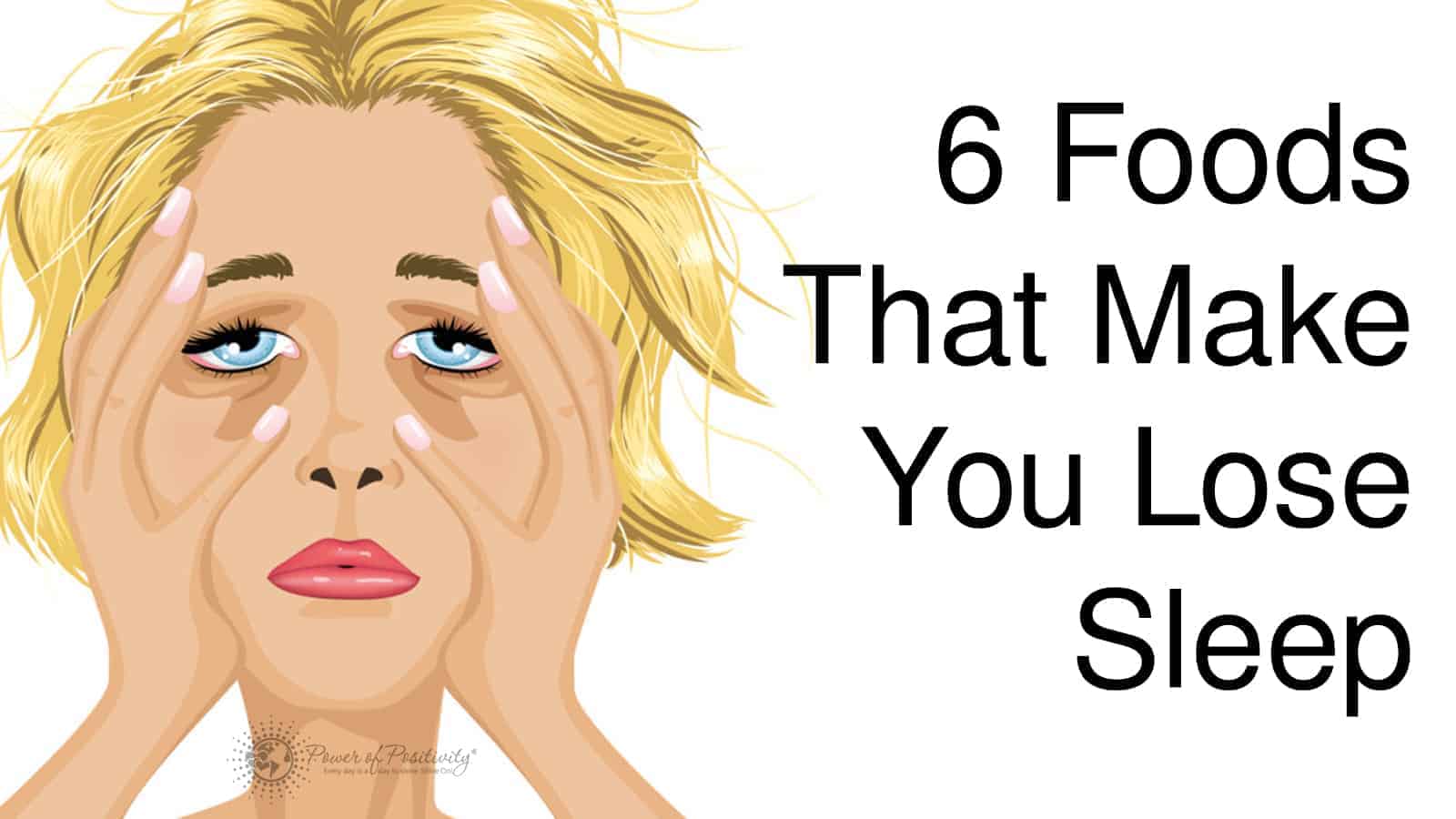Getting enough sleep is necessary if we are to be our best selves. Unfortunately, many of us don’t – 35% of the population state that they don’t get a minimum of seven hours of sleep a night. Consequently, a lack of bed rest is a public health epidemic. Wait, an epidemic? Is it that serious? The Center for Disease Control – the U.S. foremost public health authority–says it is.
The reason for this is simple: sleep deprivation does not only harm the individual (which is reason enough), but harms our entire society. Sleep insufficiency can cause the following harmful outcomes:
- motor vehicle crashes
- industrial disasters
- medical errors
- other occupational errors
Also, individuals with sleep deficiencies are more likely to suffer from health issues like hypertension, diabetes, depression, obesity, increased mortality, cancer, and reduced quality of life. Around fifty to seventy million Americans are estimated to have a sleep or wakefulness disorder.
But it’s not just the “severe” consequences of sleep deprivation that concern public health officials. Consider these self-reported statistics of sleep-related difficulties reported by adults 20 years or older.
- 23.2% (49.2 million) have difficulty concentrating.
- 18.2% (38.8 million) have difficulty remembering things.
- 10.5% (22.3 million) have difficulty taking care of finances.
Certainly, our schedules are loaded with things to do. Work, school, kids, spouses, and other responsibilities take up much of our day. But is there something that we are doing that’s causing such poor sleep habits? The Center for Disease Control and other health officials give a resounding “YES!” to that question.
Here are 10 of the most common habits to avoid before bed:
1. Going to sleep or waking up at different hours
According to Dr. Brandon Peters at About Health, we should select a wake time that is observable during both nights and weekends. For most people this would involve selecting a time that allows us to go to work or school and then getting up at the same time on Saturday and Sunday. The reason for this is that our bodies follow what is called the circadian rhythm, which relies on consistency. This means that our bodies signal when we should be truly awake and when we should be sleeping. We’re more alert and better prepared for work, school, etc., when we follow this pattern. We also sleep much better.
2. Drinking water immediately before bedtime
Notice the word immediately. Nobody is saying that drinking water isn’t essential, it is! But if we’ve done our part and hydrated appropriately throughout the day (7-8 12 oz. glasses), drinking a bunch of H2O at night becomes less necessary. Drinking water causes us to pee, and waking up to pee disrupts sleep. Pretty simple stuff here!
3. Consuming alcohol or tobacco
Alcohol and nicotine are sleep disruptors. One is a depressant (alcohol), and one is a stimulant (nicotine or tobacco); neither is conducive to a good night’s sleep. Alcohol reduces REM (Rapid Eye Movement), or deep sleep. Nicotine stimulates the brain and body, which makes it more difficult for us to settle in and drift off. For a good night’s rest, lay off the wine and cigarettes!
4. Eating a large meal
Ingesting a lot of food before bedtime can disrupt sleep. The reason is that our metabolism has to kick in, which makes it difficult to fall asleep and stay asleep. Further, a large amount of food in the stomach can become uncomfortable, which makes us prone to waking up. If that still isn’t enough, consider that eating large meals before bedtime has been associated with weight gain, gastroesophageal reflux disease, and other nasty physical effects.
5. Using a tablet or smartphone
Yep, this one kind of sucks…for everyone involved. We love our gadgets, and what is better than playing a game, texting, or reading an e-book while snuggled under the covers? We love it, but our bodies hate it. More specifically, our brains hate it. The reason is that electronics stimulate our cognitive faculties, making it more difficult for our brains and bodies to transition into a state that invites sleep. For a good night’s rest, lay off these gadgets while preparing to fall asleep.

6. Texting in bed
This one is a no-brainer, especially since we’ve already discussed #5. However, texting at night, especially in bed, is so common and sleep-disruptive that it deserves its own section. Texting in bed is a double-edged sword: (1) we’re using an electronic device (smartphone) that makes it much more difficult to sleep, and (2) text messaging is perhaps the most powerful time vacuum; we get sucked deep into a conversation and, before you know it, an hour or two has passed. Lay off chatting with your besties before bed.
7. Exercising
Chalk this one up, along with drinking water, as the one of the two healthy activities that we shouldn’t do before bedtime. Exercise is awesome any other time of the day. This isn’t healthy before bedtime because the brain becomes highly alert due to the influx of “feel-good” hormones, such as endorphins. The muscles and the heart are also stimulated, which increases this alertness – not a good combination before sleep time.
8. Eating spicy or junk foods
Eating before bedtime is not good, but eating spicy or junk food before hitting the sack is worse. Spicy food increases body temperature, which causes sleep disruption. It also further speeds up the body’s metabolism. Junk food stimulates more brain waves, which disrupts our brain’s normal evening activity. Obviously, junk food also contains a heavy amount of sugar, which is counterproductive when trying to fall and stay asleep.
9. Trying to force sleep
With all of the emphasis on getting a good night’s sleep, it may become natural to stay in bed until sleep. In fact, this is not good practice, and we are probably all guilty of doing it. Trying to force sleep doesn’t work because sleep requires a calm state of mind and body. When trying to force sleep, we become stressed and anxious and make the problem worse. Instead, we should get out of bed and do something else completely. Doing so takes our mind off of sleep and naturally tires us out a bit, making sleep easier to come by.
10. Oversleeping
Our bodies have an internal clock that’s set for many things. One of them is sleep. Just as getting enough sleep is essential, it’s important not to overdo it. The main reason is that it jacks up our internal clocks; we feel groggy, foggy, and out-of-sorts, and getting back into a good sleep pattern becomes more challenging. We have to be careful with this next statement, but sleeping in occasionally is probably just fine!



















